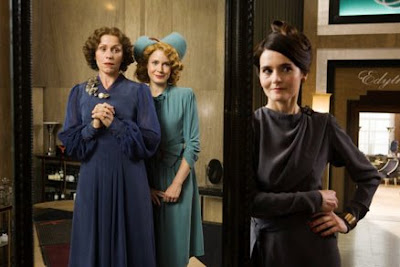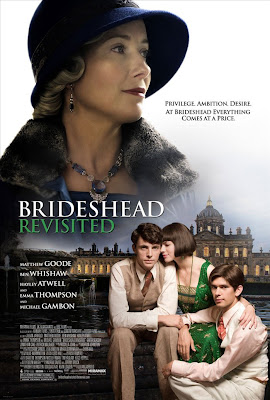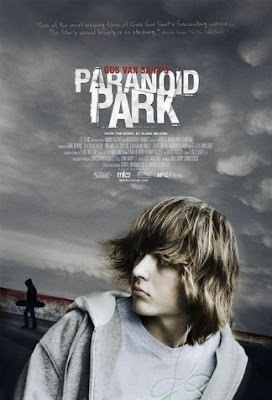 "Therese Raquin" *** 1\2 (out of ****)
"Therese Raquin" *** 1\2 (out of ****)One of my favorite directors, who I never mention in conversations, is Marcel Carne. Carne is not very well known to most people. His name will draw a blank if you mention him. I like to consider him my own hidden treasure. It is for selfish reasons I never discuss him. I don't want the secret to get out about him. But because I'm always so pleased by his work I almost feel compelled to share the good news.
Carne is a French director. When we think of French cinema we tend to think of the French New Wave and the films of Godard, Truffaut and Chabrol. Carne came before all of them. He started working in the 1920s and made his last film in 1977. His first films in the early 30s and 40s were part of what is known as "poetic realism". Think in the vein of Jean Vigo's immortal classic "L'Atalante" (of course there is the possibility if you don't know who Carne is, you may not know who Vigo is either). Most viewers may have seen his "Children of Paradise". His other films include "Port of Shadows", "Daybreak" and "The Devil's Envoys" (if you are interested I reviewed some of these films on amazon.com). Every one of them I would consider a masterpiece. No doubt they will find there way as part of my "Masterpiece Film Series". Carne's films cast a lyrical spell over the viewer.
"Therese Raquin" is not quite as good as his earlier works but it is essential viewing nonetheless. The film has roots in film noir but never really goes down that path. We aren't in the shadow of characters, walking along the seedy streets of Paris. The film has the lighting of a romantic love story. And on another level it is a story of doomed love.
The title refers to the main character, a married woman (Simone Signoret) who is in a loveless marriage to a mama's boy, Camille (Jacques Duby). His over protective mother (Sylvie) lives with them constantly critical of Therese.
One day a stranger comes into Therese's life. Laurent (Raf Vallone) a drinking buddy of her husband's whom she has never met. When the two do meet it is because Camille is so drunk Laurent had to carry him home. Laurent is meant to be everything Camille is not. He is suppose to be handsome, strong and independent. We sense an immediate attraction between the two.
Without giving too much away the film will remind you of noir films such as Billy Wilder's "Double Indemnity" and "The Postman Always Rings Twice". And if you're really up to speed with things, lets throw in Visconti's "Ossessione" for good measure too. Of course each of these films were released before "Therese Raquin" so they all must have made some influence on this film. But it is worth mentioning the film was based on a novel by Emile Zola, the subject of the 1937 Oscar winner for best picture. Having never read Zola's novel I cannot tell you how faithful the script by Carne and Charles Spaak is.
Most viewers might not know but Simone Signoret was a famous actress. She was in "Les Diaboliques" and won an Oscar for her performance in "Room at the Top". Her work here manages to suggest all we need to know about her. She has a vulnerable nature to herself which makes her situation seem believable. Her performance is never bigger than the moment, meaning the film doesn't rely on grand gestures and turn into melodrama. Raf Vallone was an Italian actor who was also known in his day. He too manages to suggest all we need to know about his character. He has all the qualities to suggest the strong, mysterious stranger.
Those familiar with Carne's work refer to this as his last great film. Some suggest the quality of his work slipped as the years went on. "Therese Raquin" does follow in the vein of his early films though we can note a difference. The themes may be the same but the technique is different. Something about "Therese Raquin" didn't touch me as emotionally as his other films and I can't put my finger on why. Is there a social message I'm missing? "Children of Paradise" and "Daybreak" were making social and political commentaries. I'm not sure so about this film.
Roger Ebert once said you can watch any Eric Rohmer film and enjoy it. I almost feel the same way about Marcel Carne. You can watch any of his early films and enjoy them. He is a forgotten master of cinema.









 "Smart People" **** (out of ****)
"Smart People" **** (out of ****)













